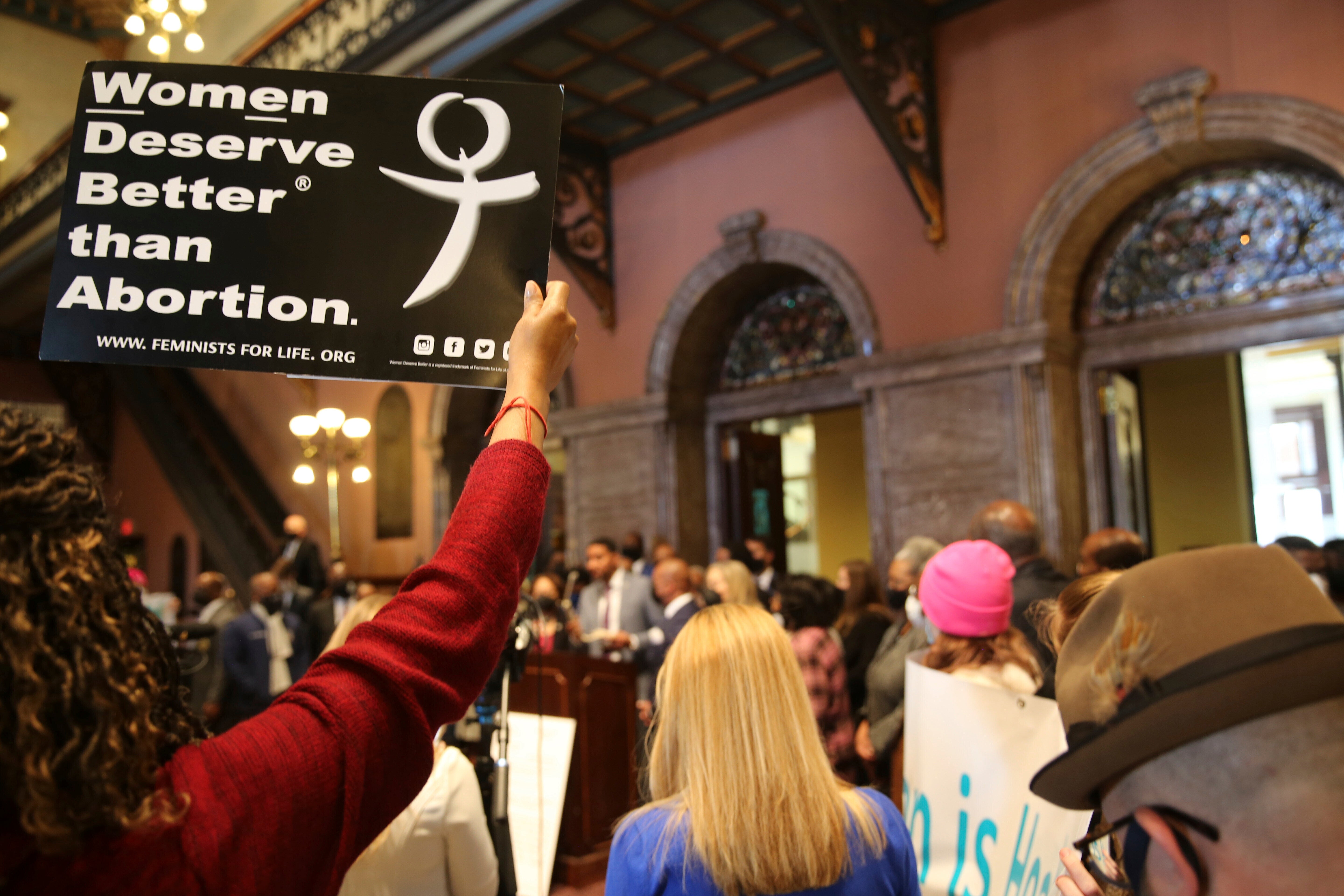Discord over whether to halt South Carolina abortion case
The parties involved in a lawsuit over South Carolina’s new ban on almost all abortions disagree about how the case should be handled while the U.S. Supreme Court considers similar litigation from Mississippi

The parties involved in a lawsuit over South Carolina’s new ban on almost all abortions disagree about how the case should be handled while the U.S. Supreme Court considers similar litigation from Mississippi
Those supporting the restrictions argue they should be allowed to collect information for their defense in the coming months.
Earlier this week, attorneys for both the state and Planned Parenthood signed on to a court filing, which ultimately deferred to a federal district court's judgment over how to handle the case regarding the “ South Carolina Fetal Heartbeat and Protection from Abortion Act."
Passed earlier this year, the law requires doctors to perform ultrasounds to check for a heartbeat in the fetus, which can typically be detected about six weeks after conception. If cardiac activity is detected, the abortion can only be performed if the pregnancy was caused by rape or incest, or the mother’s life is in danger.
Planned Parenthood attorneys sued immediately to halt the law, which has been blocked from going into effect during their lawsuit. The federal judge overseeing the case has said she's inclined to put the case on hold entirely following the U.S. Supreme Court's decision to take a case from Mississippi — which wants to enforce an abortion ban after 15 weeks of pregnancy — setting up a showdown over whether states can ban abortions before a fetus can survive outside the womb.
A myriad of states have passed their own restrictions on abortions in recent years, and abortion rights supporters have argued the case is a threat to reproductive rights. The Supreme Court had previously turned down state appeals over pre-viability abortion bans and will likely hear the Mississippi case in the fall, with a decision likely in the spring of 2022.
A federal judge overseeing the South Carolina lawsuit had ruled she was inclined to stay pending motions in that case until the Mississippi case is decided. In court papers filed this week, attorneys for Planned Parenthood argued that discovery — evidence that the other side intends to use — should be halted entirely if their overall lawsuit is put on hold and “would unnecessarily strain judicial resources.”
Attorneys for the state of South Carolina wrote that they felt discovery should continue while the Supreme Court case is ongoing, arguing that a delay in their own proceedings is “unwarranted.”
About a dozen other states have passed similar or more restrictive abortion bans, which could take effect if the U.S. Supreme Court were to overturn Roe v. Wade, the 1973 court decision supporting abortion rights. Federal law supersedes state law.
South Carolina Gov. Henry McMaster signed the bill into law less than an hour after state lawmakers sent it to him. Opponents have argued many women do not know they are pregnant at six weeks, especially if they are not trying to conceive. And, they argue, with such an early deadline, the law gives women little time to consider whether to have an abortion.
More than 90% of abortions take place in the first 13 weeks of a woman’s pregnancy, according to the Centers for Disease Control and Prevention
___
Meg Kinnard can be reached at http://twitter.com/MegKinnardAP.